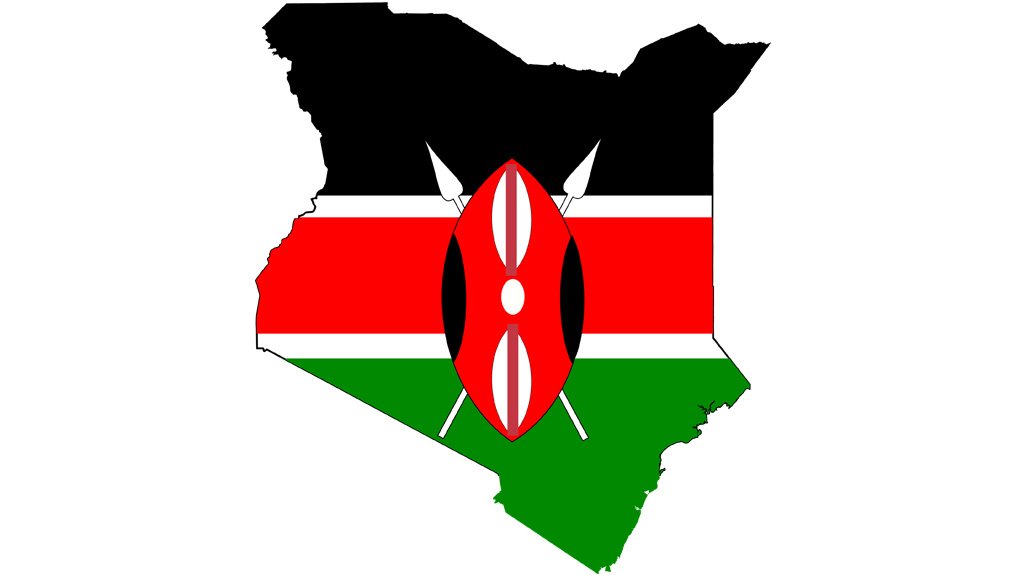Kenya needs to tackle graft that’s draining the nation’s finances and undermining economic growth, according to the African Development Bank (AfDB).
Corruption and illicit financial flows cost the East African nation as much as $1.5-billion annually – funds that could transform health, education, and infrastructure development, the AfDB said in a report published on Wednesday. Public spending inefficiencies cost another 5% of gross domestic product, while tax exemptions and incentives amount to an additional $800-million a year.
“Combined, these losses undermine Kenya’s capacity to finance its own development and reduce reliance on external aid,” the lender said.
Last year, Kenya ranked in the bottom third of Transparency International’s global corruption perception index, on par with nations such as Sri Lanka, Angola, Ecuador and Uzbekistan.
So-called state capture — where political elites dominate lawmaking and enforcement — is also subverting the rule of law and creating uncertainly, which in turn curtails investment and capital mobilisation, the Abidjan-based lender said.
“Investors fear biased rulings, delays, and lack of transparency, increasing operational risks and deterring investment,” it said. “Ultimately, the rule of law, upheld by robust law enforcement and an independent judiciary, remains the foundation for sustained economic growth, social equity, and public trust in governance.”
The AfDB expects Kenya’s economic growth to accelerate to 5% this year from 4.7% in 2024, powered by agriculture and services, and then slow to 4.8% in 2026.
“Rising poverty alongside high unemployment and inequality highlights that Kenya’s economic growth has not been fully inclusive,” it said.
EMAIL THIS ARTICLE SAVE THIS ARTICLE FEEDBACK
To subscribe email subscriptions@creamermedia.co.za or click here
To advertise email advertising@creamermedia.co.za or click here











